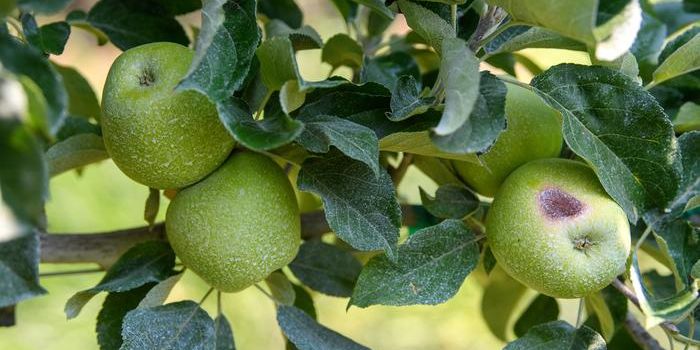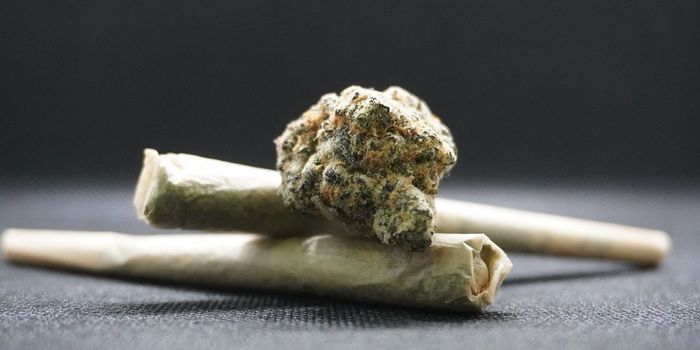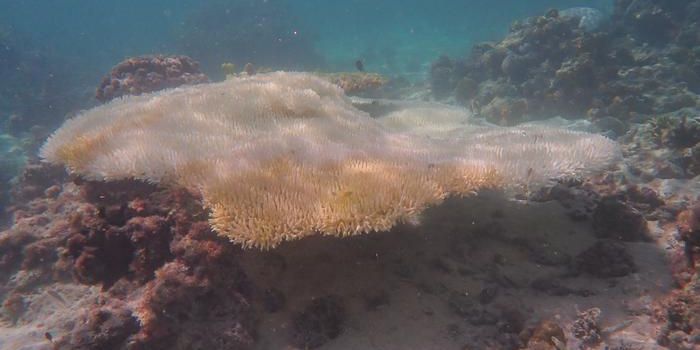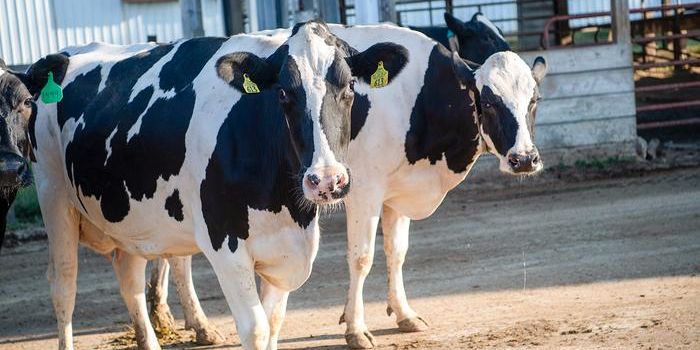It's Not a Choice - Cats Need Meat
While you or I might have the freedom of deciding between a carnivorous diet or going all out vegetarian, not all animals have this luxury. Felines, for example, are one of only a handful of mammals that actually depend on meat as a significant portion of their primary diet for survival. For those asking themselves why cats couldn’t just focus all their willpower into eating plants instead of meat, Dr. John Bradshaw from the University of Bristol explains…
As it turns out, there are a slew of reasons why this is the case. For one, a feline’s gut is particularly short, a shortcoming that makes digesting plant proteins a lot more difficult than it needs to be. Meat-based proteins, on the other hand, are more easily digested, and so they’re much easier for the cat’s shorter digestive tract to process than plant-based proteins are.
Furthermore, cats depend on a number of amino acids that not all mammals need, such as taurine to name one of the most critical. Many mammals can produce this amino acid in their bodies by themselves, but cats aren’t able to do this. As you might come to expect, meat-based diets are filled with with and many other critical amino acids that the cats can’t produce on their own, and this is just one more reason why they need it in their diets.
Another thing worth noting is that wild cats depend on animal carcasses for other vitamins and nutrients, and even water. Cats are notorious for avoiding water, and this includes drinking. While domestic cats are a lot more flexible in that respect, wild cats will get most (if not all) of their daily water intake from the meat they consume. Even some of the smallest wild cats follow in their larger wild cousins’ footsteps.
Indeed… without meat, cats would be in trouble. It seems they’ll remain carnivorous for the foreseeable future.
Related: Meet the world's smallest cat








